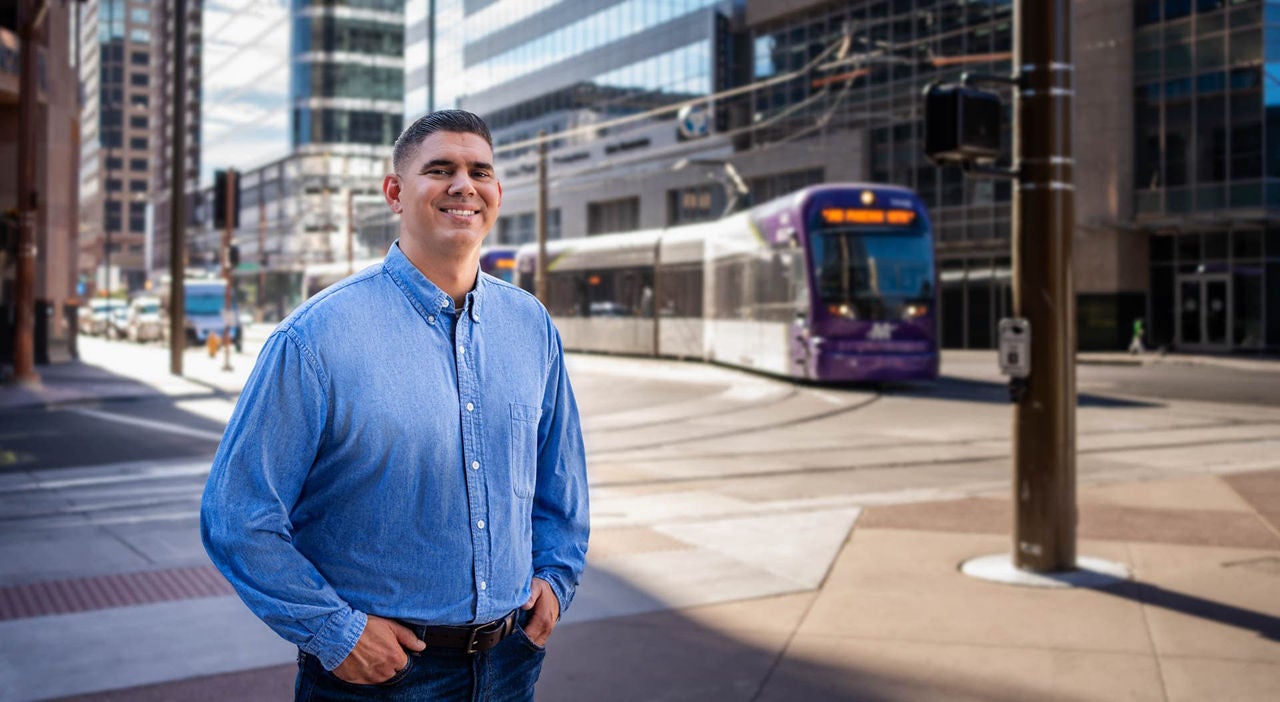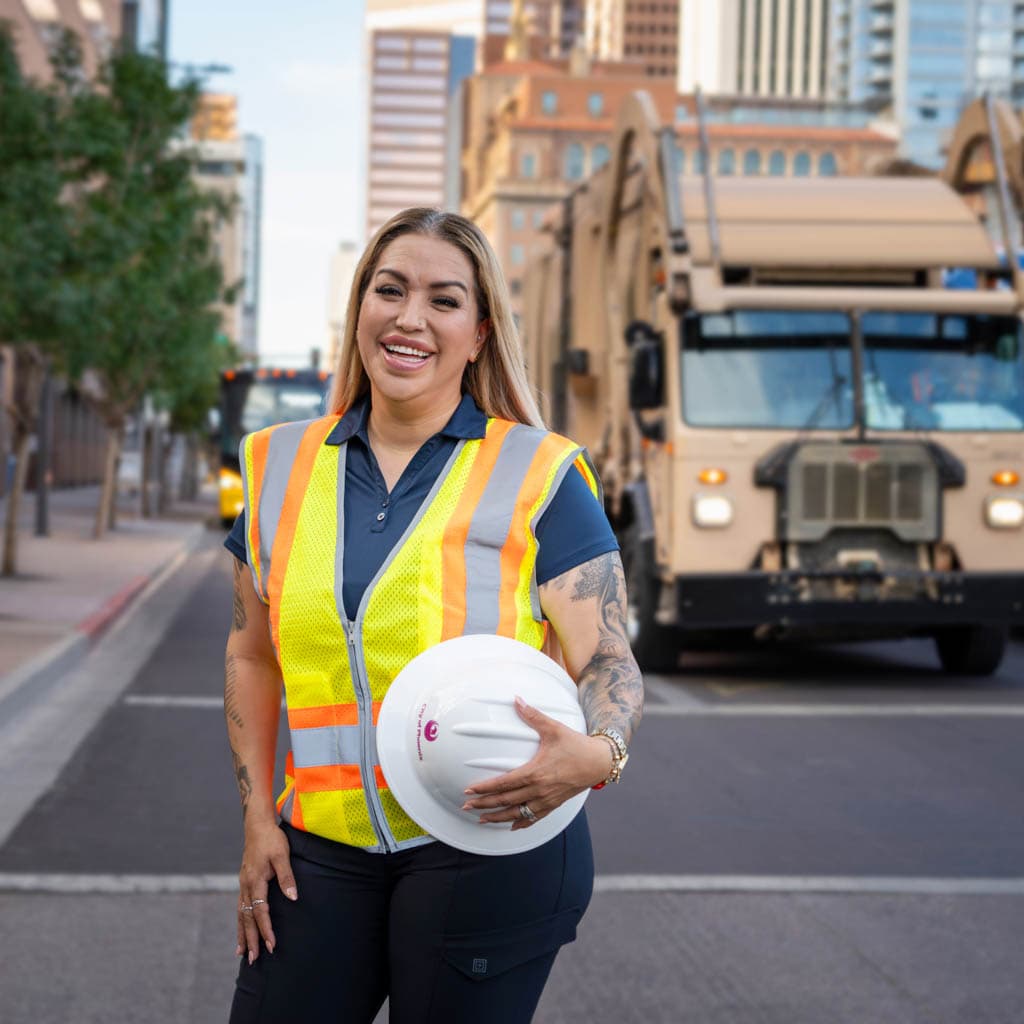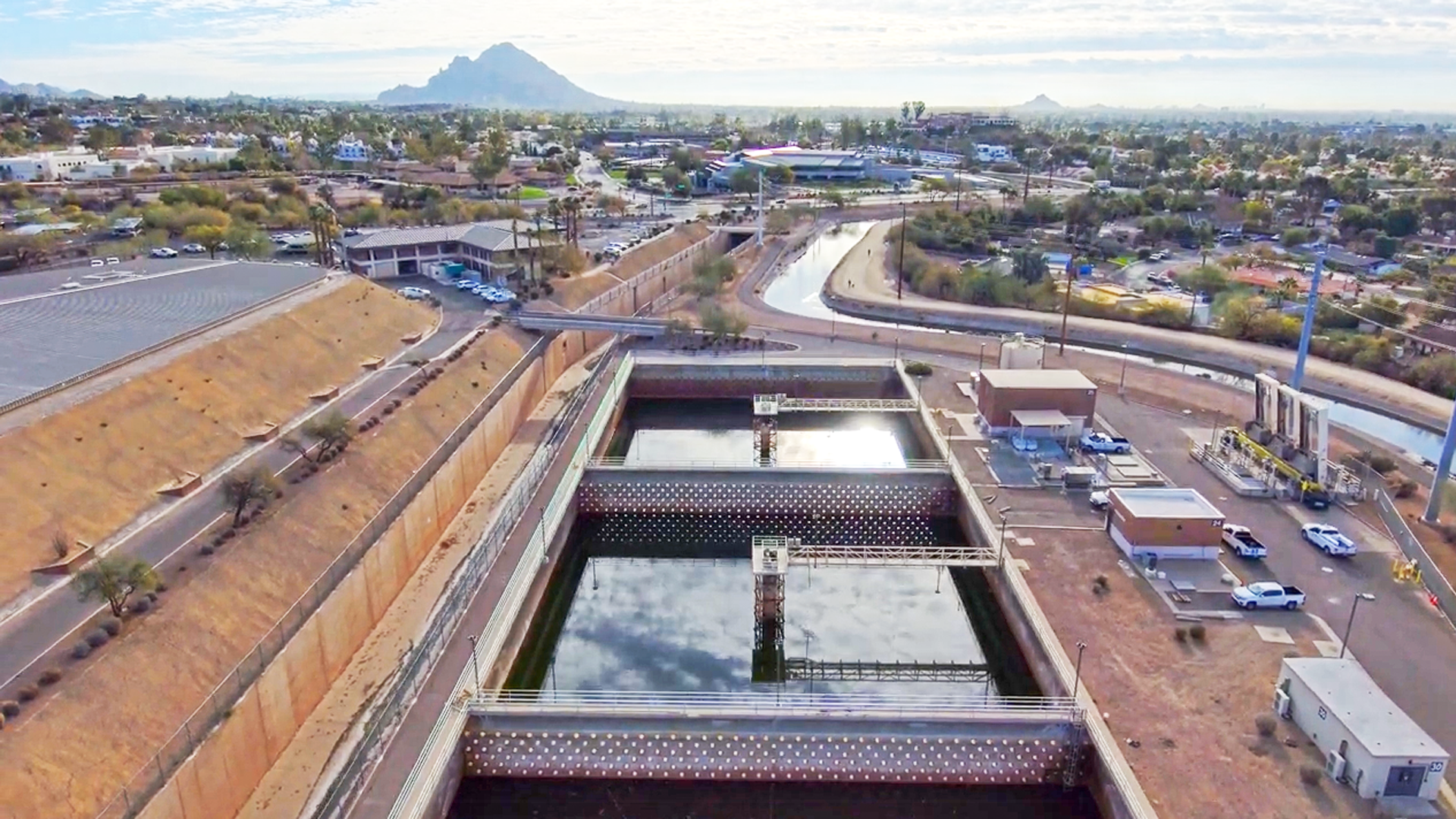The City of Phoenix website will undergo routine system maintenance on Saturday, January 31, 2026. While no major disruptions are expected, some services may be temporarily unavailable between 7:00 AM and 7:00 PM. If you experience any issues, please check back shortly. Thank you for your patience.

Overview
Phoenix, a desert oasis in the southwestern United States, has developed into a sprawling metropolitan area, now ranked as the fifth largest city in the country.
The City of Phoenix employs more than 14,000 people and is consistently named one of the best employers in Arizona. The City’s Human Resources Department plays a critical role in supporting this vast workforce. The department oversees a wide range of responsibilities, including recruiting, hiring, benefits, workplace safety, employee and labor relations, organizational development and training, compliance, human resources technology, and records and transactions.
I Want To ...
-
Find a Job
Explore exciting career opportunities with the City of Phoenix. Join our team and make a difference in the community. Apply today!
-
See City Benefits
Find benefit information for prospective employees, current employees, and retirees.
-
Learn About Retirement Packages
The City of Phoenix Retirement Office is dedicated to administering a retirement plan for past, current, and future City of Phoenix employees.
-
Become an Apprentice
Explore rewarding apprenticeship opportunities with the City of Phoenix. Start your career journey with hands-on experience and professional growth.
-
Work As an Intern
Explore diverse internship opportunities with the City of Phoenix. Gain valuable experience and kickstart your career in a dynamic environment.
-
Know the Residency Requirements
If you love Phoenix, you will love doing the work that makes Phoenix work. Welcome to the start of your career journey.
Work for the City of Phoenix
The City of Phoenix employs more than 14,000 people and is consistently named one of the best employers in Arizona. Join our team and "Do Work That Makes Phoenix Work."
-

Careers
Explore exciting career opportunities with the City of Phoenix. Join our team and make a difference in the community. Apply today!
-

Job Descriptions and Pay Ranges
The City of Phoenix strives to maintain a high-quality and competitive compensation and benefits programs for employees. Find job descriptions and pay ranges.
-

City of Phoenix Benefits
Find benefits information for prospective employees, current employees, and retirees.
-

Total Compensation Information
Discover comprehensive details on total compensation for city jobs in Phoenix, including benefits and salary information.
-

Finding Your New Career at the City of Phoenix
If you love Phoenix, you will love doing the work that makes Phoenix work. Welcome to the start of your career journey.
-

Become a Police Officer
Rise to serve and join the Phoenix Police Department.
 Numerous City of Phoenix employees each give their name, their job title, and how many years they've been working with the City.
Numerous City of Phoenix employees each give their name, their job title, and how many years they've been working with the City.
Do Work That Makes Phoenix Work
Hear from real City of Phoenix employees
Contact the Human Resources Department
Phone: 602-495-5700
Email: hrc@phoenix.gov
Need help? Reach out to the HR Connection Center.


